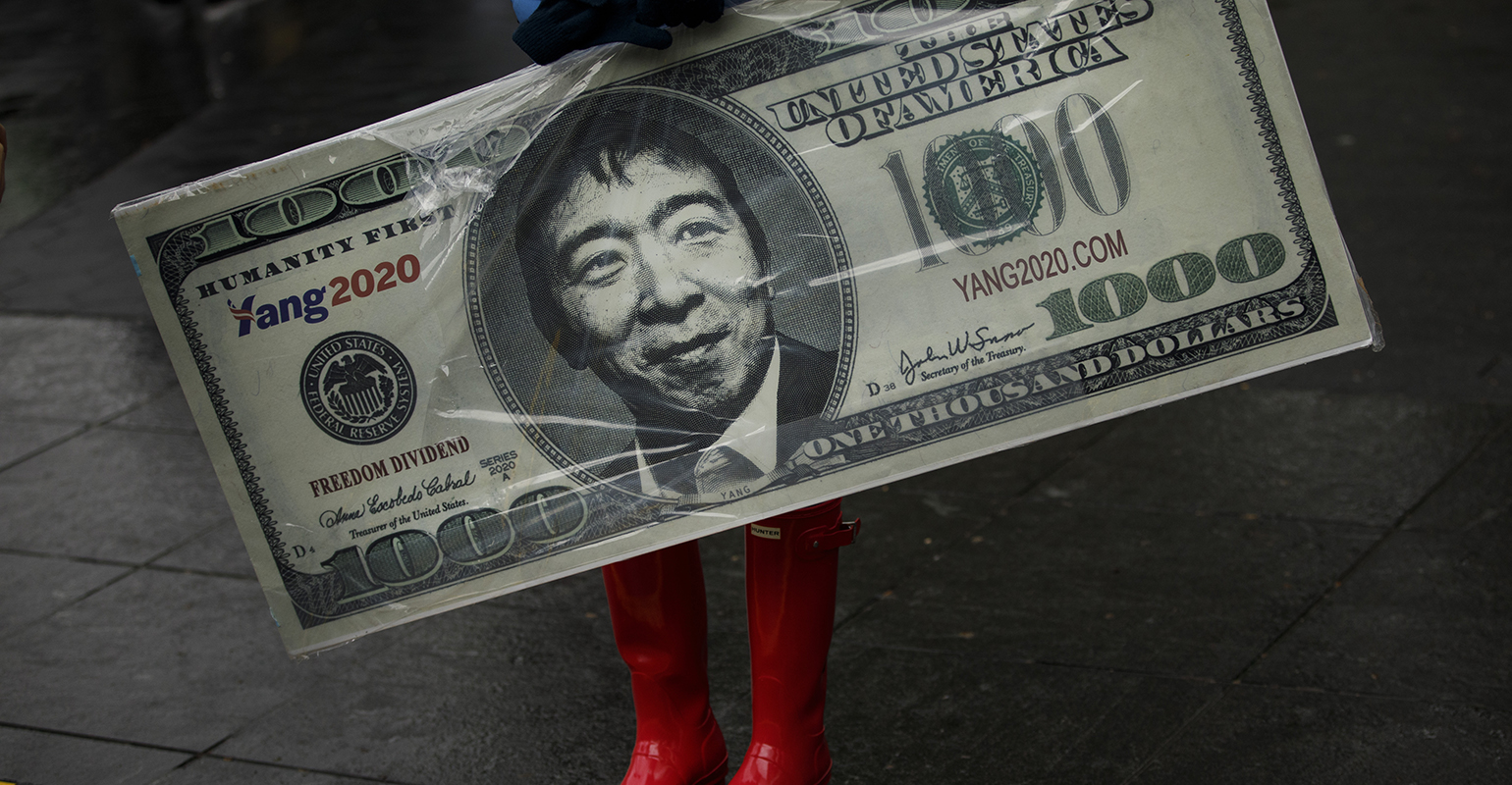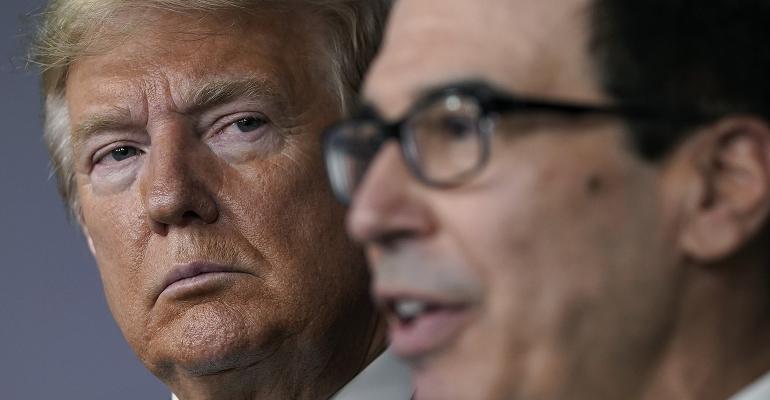A White House proposal of sending two $1,000 checks from the government to every American adult, plus another $500 per child, has split financial advisors on its potential impact, but most agree that it could be useful in certain situations. If the direct-to-individual payments sound familiar, it could be because presidential hopeful Andrew Yang proposed universal basic income. More apropos, President George Bush took a similar step in the recession of 2008 when the government sent every adult $600 and each child $300.
If the stimulus payments do come through, they should first be used to cushion any drop in income, said Morgan Ranstrom, co-founder and financial planner at Trailhead Planners, in Minneapolis. He would advise his clients to use the government check as a lifeline to get through job loss or a period of not receiving income. “In this scenario, the direct payments can be used to pay necessary bills, buy groceries, or added to existing cash reserves,” he added.
Clients with sufficient cash reserves and job security should consider spending it or investing. Donating the Yang payment is also an option that should be considered, he pointed out. “Passing along the stimulus by buying gift cards to local restaurants or service businesses, ordering-in (when safe and available) or donating to local charities is an incredible way to ensure that the stimulus finds an impactful home,” he said. The “least economically stimulative option” would be to invest the money in a Roth or traditional retirement account, or even a taxable investment account, she said.
For clients potentially receiving government checks, the decision of whether to spend, save or invest depends on the client’s individual situation and how acutely the client needs the cash, said Joshua Knauss, a financial planner and president of Omniwealth Investments, in Lewisburg, Pa.
However, any government check, or checks, pales in comparison to actually having a job, Knauss said. “This plan is idiotic compared to the alternative of covering business payroll for a month [or more], where government would be providing business owners—capital allocators—with more stability and confidence,” he said. Helping business owners would be politically risky, he said, but it would ensure workers receive their usual income and allow the government to continue collecting payroll tax. He called the payments to businesses “the better path forward.”
For a family receiving $4,000 in stimulus checks, and simultaneously facing a reduction or loss in income, the money would be a "real, but not complete, relief," said Aletta Tibbetts, founder and principal at Eos Financial Planning, in Arlington, Mass. For average Americans, time is of the essence in figuring out a budget, seeing where expenses can be cut, and reaching out proactively to debt holders to negotiate as needed. Those without a six- to 12-month emergency fund should begin conserving cash. "Now is the time to fill up," she added. "Given a full emergency fund and ongoing income, $4,000 could certainly be added to one's long-term investments and, in the market downturn, it is a good opportunity to do this. But for people who do have all their financial needs met, I hope they will consider using their checks to help people whose positions are more shaky."

Andrew Yang proposed sending every American family a check, or universal basic income, during his campaign for the presidency.
Indeed, the possibility of Yang payments presents an opportunity for financial advisors to "show value that does not involve dollar signs," said Vance Barse, wealth strategist and founder of Your Dedicated Fiduciary, in San Diego. "There's our industry and then there's the public," he explained. "For the overwhelming majority of American families, this is meaningful because people are in financial triage right now." Meanwhile, many of the high-net-worth or mass-affluent individuals who receive the check might be making a decision of whether to donate an appreciated asset, dollar for dollar, to a nonprofit, while parking the government check in the bank. Advisors have the opportunity to rise to the crisis, by providing financial education, planning and budgeting expertise on a charitable basis to those who might be suffering most, he said.
For those most affected by job loss and income evaporation, precipitated by the novel coronavirus pandemic, true uncertainty lies in how long the “national holding pattern" extends, said Charles Sachs, director of planning and CCO at Kaufman Rossin Wealth, in Miami. “This is a stopgap for sure,” he said. “I would suspect this will be taxable income and, if so, one would be on the hook for that.” The longer the crisis drags on, the less meaningful the check would become, he added.
“A thousand dollars per person is a start, but it’s not enough,” concurred Silvia Manent, founder and managing partner at Manent Capital, in Boston. “A lot of these stimulus measures aim to help large corporations but it’s important to help the small business and the entrepreneur which are the heart-beat of the American economy,” she added. Included in the small business and entrepreneur category are the many waves of financial advisors who have gone independent in recent years. “What’s important is to help the small businesses, which represent the vast majority of our jobs in the U.S.,” she said.





